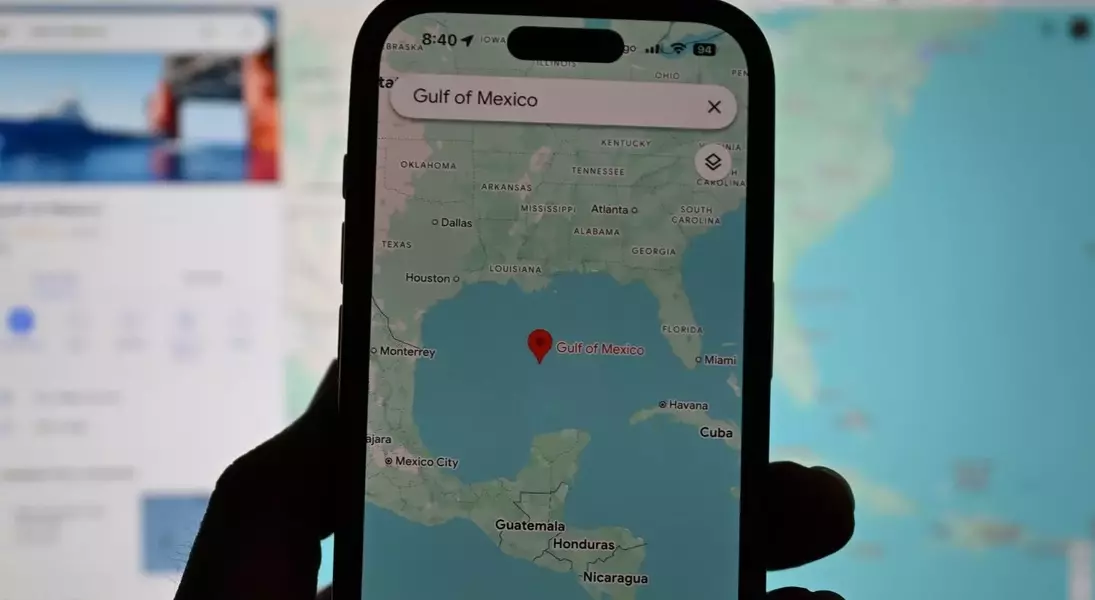
In a surprising move, Google has disabled the ability for users to leave reviews or comments on the Gulf of Mexico on its mapping platform. This decision comes in the wake of a controversial name change initiated by the previous administration, which temporarily renamed the body of water as the "Gulf of America." The Gulf, known for its stunning natural beauty and rich marine life, had garnered nearly 7,000 reviews on Google Maps, many praising it as one of the most breathtaking locations on Earth. However, following the name change, some users began leaving negative feedback, prompting Google to take action.
Details of the Controversy and Google's Response
In the golden hues of autumn, tensions rose when an executive order altered the name of the Gulf of Mexico. Users, previously captivated by the serene waters and vibrant ecosystems, found themselves voicing their dissatisfaction online. Initially, the platform saw a surge of mixed reactions, with many reviewers expressing admiration for the region's natural splendor. Yet, as the controversy escalated, one-star reviews flooded in, reflecting public discontent over the administrative decision.
Recognizing the potential for policy violations, Google swiftly intervened. The company deactivated the posting feature for this location, citing concerns about maintaining platform integrity. Additionally, suggestions to edit the location's name were also blocked, likely due to the influx of requests to revert the name to its original form. This move aligns with Google’s standard practices, where locations prone to sudden spikes in controversial activity are temporarily restricted to prevent policy breaches.
Despite the controversy, it is important to note that Google relies on official sources like the Geographic Names Information System (GNIS) for its data. Once the name change was officially recorded, it reflected on Google Maps. While user protests through negative reviews can be a powerful expression of public sentiment, they sometimes necessitate moderation to uphold platform guidelines.
From a journalistic perspective, this incident highlights the delicate balance between corporate policy and public opinion. It raises questions about how tech giants navigate political directives while maintaining neutrality. Ultimately, it serves as a reminder of the broader implications of seemingly administrative decisions on public platforms and the digital spaces we inhabit.
